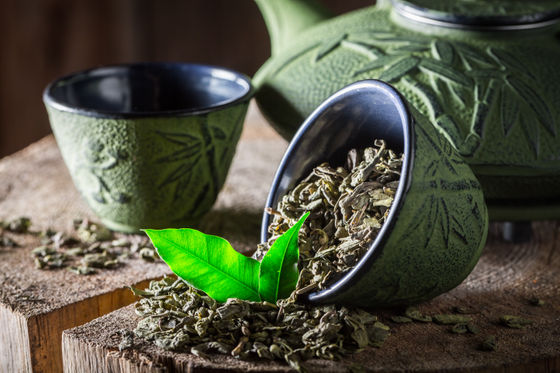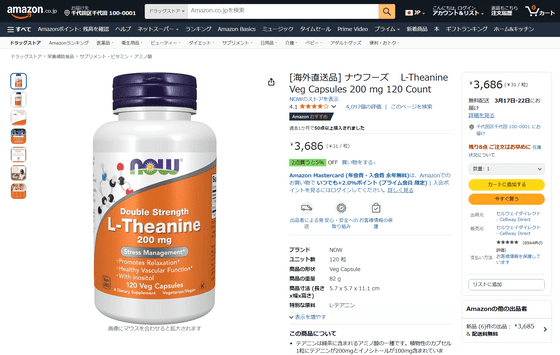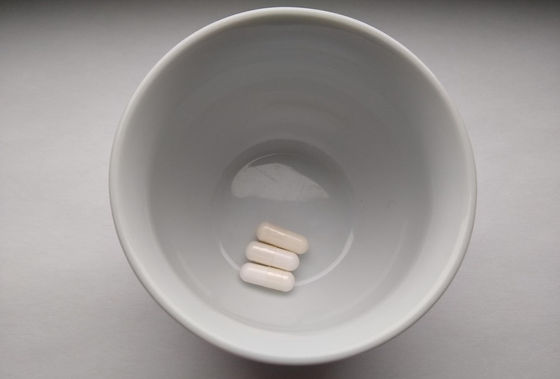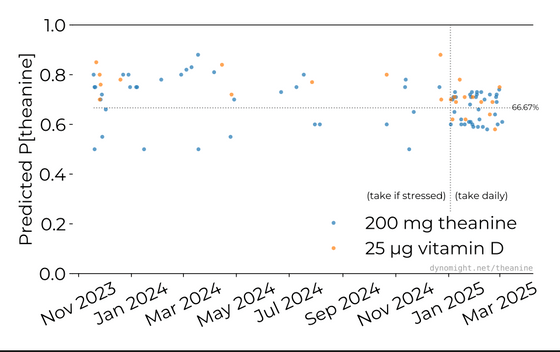How did I conduct a blind self-experiment to see if a 'theanine' supplement would work, and what were the results?

Health is influenced by many factors, so it is difficult to determine whether a single nutrient is effective, and although much research has been done, the results of studies examining the effects of supplements have been mixed. Blog Dynomight has published the method and results of a 16-month study examining the effects of a supplement containing
My 16-month theanine self-experiment
https://dynomight.net/theanine/
Theanine supplements are popular on the internet, with many claiming to improve anxiety and depression, improve memory, and even change their lives. Indeed, theanine is related to the neurotransmitter glutamate and can cross the blood-brain barrier, so it seems biologically plausible that theanine would have a relaxing effect.
However, as far as Dynomight has looked into, all of the studies on theanine have shown 'zero or very little effect,' and the studies themselves are not very reliable. The only study Dynomight has evaluated is one published in 2021 by researchers at Ito En, which focused on cognitive function in the elderly, and did not focus on stress relief or sleep benefits.

The author of Dynomight has been using theanine supplements for over 10 years since he discovered that tea helps him relax more than coffee, and has experienced its effects. He decided to verify the scientific basis for this for himself.
For the experiment, Dynomight decided to first prepare theanine and a placebo. Then, they searched for commercially available products that met the criteria of capsules that looked similar, were the same weight, and were manufactured by a manufacturer with a certain history. The theanine supplement and vitamin D supplement manufactured by supplement manufacturer Now Foods were just right for the experiment.

The experimental procedure is as follows:
- Place two capsules containing 200 mg of theanine and one capsule containing 25 micrograms (1,000 IU) of vitamin D in a mug so that participants have a 2/3 chance of receiving theanine and a 1/3 chance of receiving a placebo.
Whenever you feel stressed, record your subjective stress level on a scale of 1 to 5, shake the mug, remove one capsule and drink it without looking inside.
- Record your stress level one hour later and your prediction as a percentage after taking theanine.
-Look in the mug and record whether you drank theanine or a placebo.
The capsules used in the experiment looked like this: Of the three capsules, the top one was a placebo vitamin D supplement, and the other two were theanine.

The experiment lasted for 16 months, but as the number of data points was not increasing, the researchers took the drug every day for the last two months, even when they were not feeling stressed. This resulted in a final total of 94 data points.
The results are shown in the graph below. The blue line is theanine, the orange line is vitamin D, and the vertical line represents the fluctuation in stress levels before and after taking the drug (small horizontal line). The length of the line does not seem to be much different for theanine and the placebo. Also, the fluctuation is clearly smaller after taking the drug even when I don't feel stressed.

In addition, the following graph shows the increase or decrease in stress, with points. It shows the same trend as the graph above.

And below is a graph of the prediction results of whether or not theanine was taken. There was no significant relationship between the dotted line showing the probability of actually taking theanine (66.67%) and the points showing the subjective prediction results.

Dynomight wrote in their results, 'My stress levels generally decreased, at least if I was initially stressed, but this was independent of whether I took theanine or not, and I couldn't tell if I had taken theanine or vitamin D.' They concluded, 'Theanine doesn't seem to have any effect.'
Dynomight believes that the main reason why taking vitamin D lowered stress levels is likely due to ' regression to the mean ,' and that it may also be related to the fact that stress levels drop within an hour of peaking, no matter what you consume.
Other possibilities include 'the supplement was fake,' 'both theanine and vitamin D have the effect of reducing stress,' or 'theanine has the effect of reducing stress but it didn't work for me,' but in any case, the effectiveness of theanine could not be confirmed in this experiment, which did not meet the expectations of the author, who believed in theanine's effects. Looking at it from another perspective, since I went into the experiment thinking that theanine would be effective but this was not reflected in the results, it could also be evaluated as a neutral experimental result that was not influenced by bias.
The author of Dynomight said, 'Some of you reading this article may like to use theanine, and it may be that it really works for you. However, given that the academic studies that have tested theanine's effects, and the blinded trials that I have conducted myself, have not shown promising results, I believe that anyone who claims that it works has the burden of proof. This kind of testing is not difficult to do, so if you are convinced that theanine or any other supplement works, you should prove it.'
Related Posts:







